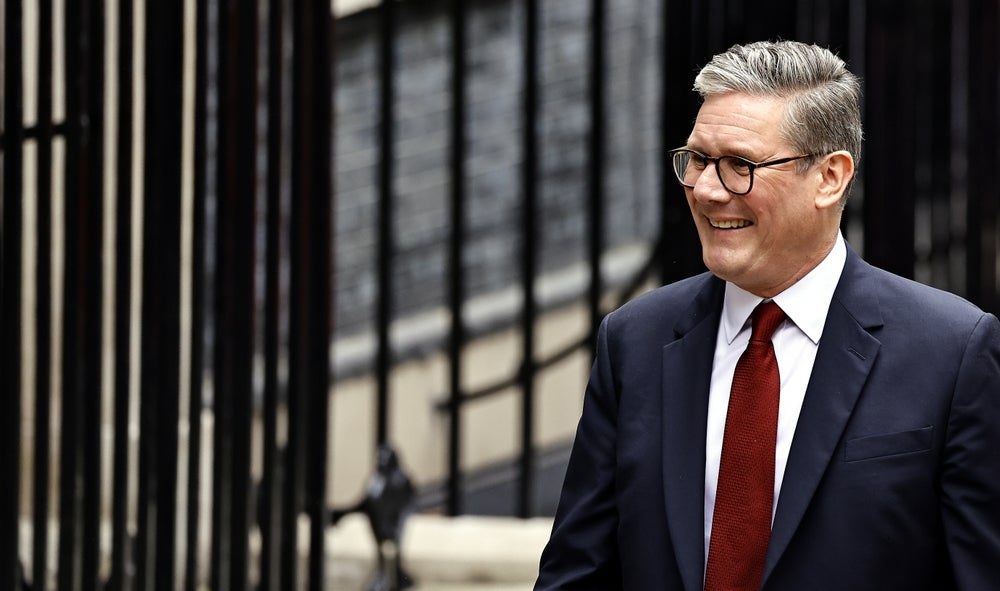need for independence
The independence of audit oversight
bodies emerged as the most important and challenging aspect of a
watchdog’s structure at the European Federation of Accountants
(Fédération des Experts Comptables Européens – FEE) conference on
audit regulation in Brussels last month.
US Public Company Accounting Oversight Board (PCAOB) chair Mark
Olson was one of the keynote speakers at the event. “These are
important times for transatlantic co-operation in the finance
sector,” Olson said, referring to the PCAOB’s gradual move towards
full reliance on the inspections systems of select non-US
counterparts such as the accounting oversight boards in the UK,
Canada and Japan.
The US watchdog recently released a proposed policy statement that
identifies the factors relevant to full reliance. Olson told the
Brussels conference that the PCAOB’s Rule 4012 sets out five broad
principles to guide the board in making a reliance determination:
adequacy and integrity of the oversight system; independent
operation of the oversight system; independence of the system’s
source of funding; transparency of the system; and the system’s
historical performance.
Independent operation – that is, the independence of the governance
body and inspection staff – is the most noteworthy of the five
criteria, according to the director of the PCAOB’s office of
international affairs, Rhonda Schnare. Several concerns were
raised, however, about the feasibility of independent inspection
staff.
International Forum of Audit Regulators chairman Paul Boyle spoke
of the importance of judgement. He warned that the use of
non-practitioners could lead to a “tick-box mentality, which is
dangerous”.
How well do you really know your competitors?
Access the most comprehensive Company Profiles on the market, powered by GlobalData. Save hours of research. Gain competitive edge.

Thank you!
Your download email will arrive shortly
Not ready to buy yet? Download a free sample
We are confident about the unique quality of our Company Profiles. However, we want you to make the most beneficial decision for your business, so we offer a free sample that you can download by submitting the below form
By GlobalDataKPMG UK technical audit partner Myles Thompson agreed with Boyle.
He said his experience in the UK indicated the Audit Inspection
Unit is concerned more with key risk areas and judgements, rather
than with minor mistakes. “I’d welcome that from other regulators,”
he said.
Jurgen Tiedje, the head of the EC’s auditing unit, said it was a
matter of inspectors versus peer review and although the profession
wants peer review, reality seems to be leading towards inspectors.
Tiedje said inspectors need to have the capacity and previous
auditors would be ideal, but he questioned whether there is
sufficient talent to recruit inspectors, especially in smaller
markets.
Chamber of Hungarian Auditors vice-president Katalin Fekete
confirmed that there are no potential inspectors in Hungary who are
independent of the profession.
Despite the various concerns, there was general welcome for more
co-operation between the oversight bodies. Pierre Delsaux, the EC
director for the free movement of capital, company law and
corporate governance, said it is important to accept that no single
body can regulate the world.
Junichi Maruyama, the deputy commissioner for international affairs
at Japan’s Financial Services Agency, said the agency is “willing
to co-operate internationally to enhance efficiency”.
Thomas Rufer, the vice-president of the Swiss oversight body, said
he appreciates the EU’s work on third country co-operation and
hopes an agreement between Switzerland and the EU would equate to
an agreement with all 27 member states.
The US, too, is hoping for more widespread reliance and to add ten
countries to its list of prospective full reliance partners next
year.






